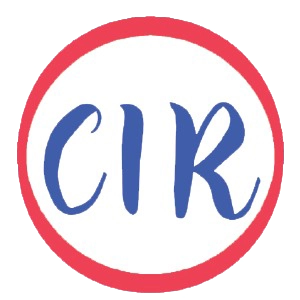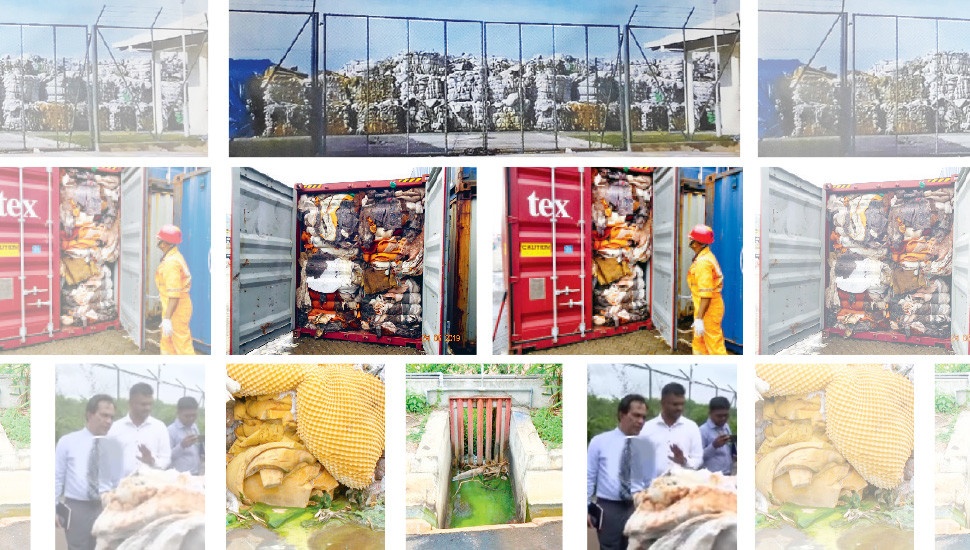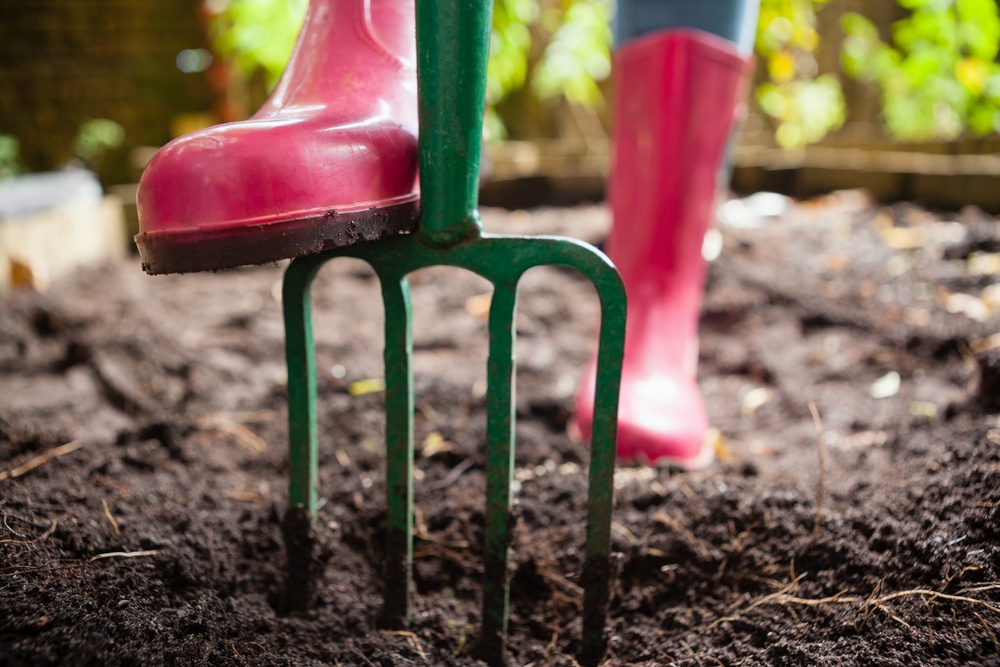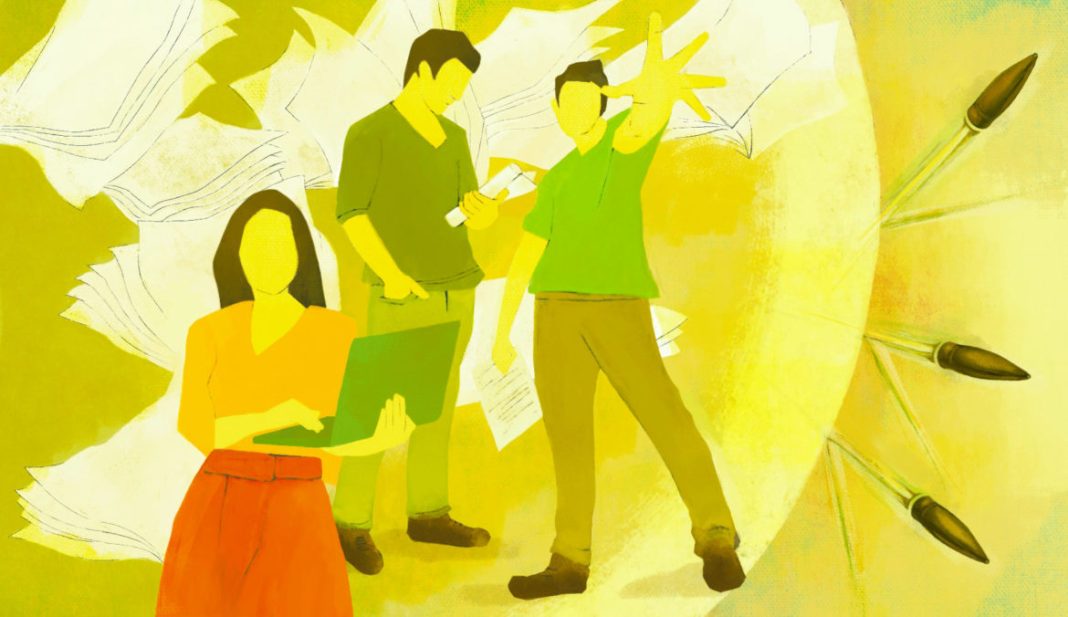By Gagani Weerakoon
Environment regulatory bodies in Sri Lanka are still struggling to send off more than 50 container loads of hazardous waste from the United Kingdom after more than 400 days since Court ordered to return nearly 250 containers waste and have indicated no legal action will be taken against the perpetrators.
This is despite Court of Appeal on 14 October 2020 ordering Central Environment Authority (CEA) to institute legal action against the owners of the firms involved in importing waste containers to Sri Lanka and to repatriate waste containers, following a legal battle that spanned over two years.
While measures were taken to repatriate waste containers time to time, 55 container loads of undisclosed waste are still kept at a yard in the Katunayake Free Trade Zone (FTZ).
The containers were shipped in 2017, and contained clinical waste, used cushions and mattresses, plant parts, plastic waste and other hazardous and uncategorised waste.
A stock of over 2,400 metric tons of post-consumer waste imported from the UK was openly dumped at a site of Hayleys Free Zone Limited (HFZL) – a few hundred metres from Bandaranaike International Airport (BIA), posing a threat to the environment and people in the area. It later transpired that the waste came to Sri Lanka as part of a trade deal.
Local authorities, including the CEA, the apex body of protecting the country’s environment, was unaware of any such trade deal where post-consumer waste is imported till Sri Lanka Customs informed them in May 2019 of suspicious containers at the Colombo International Container Terminal (CICT).
There were dozens of letters and reports exchanged between Sri Lanka Customs, the CEA, the Government Analyst’s Department, Atomic Energy Authority and the Medical Research Institute (MRI) over the past two years.
This was when the Court of Appeal entrusted the responsibility of determining the exact nature of the goods in waste containers with the Government Analyst.
However, determining the exact nature of goods had been problematic as the Government Analyst Department found it difficult to carry out investigations due to a lack of resources as the subject did not fall within their area of expertise.
The Delay
The Director General of CEA, Hemantha Jayasinghe admitted that there is a delay in sending over 50 container loads of UK waste while blaming the ongoing Covid-19 pandemic for the delay.
“Also, the procedure is such that they have to use the same shipping lines that were used to bring down garbage to repatriation and the coordination between HFZL and two shipping companies has not been done properly. This has caused the delay and as soon as things fall back to normal the remaining containers will also be repatriated,” he added.
Upon further inquiries, Jayasinghe explained that CEA has exchanged few dozens of letters with the UK Environment Agency and firms involved in waste importation.
“Once the Environment Agency gives permission, the firms here should take action to repatriate waste containers though designated shipping lines. We have not given up and will continue to push them until the last container is sent,” he added.
Meanwhile, Ashraf Samsudeen, Superintendent of Customs at Sri Lanka Customs said that garbage containers were sent in small batches as there is a lack of containers.
“A total of 130 waste containers in the Colombo Harbour and 77 containers at the Katunayake HFZL were sent back. There are 55 waste containers remaining at the Katunayake Yard. Due to the lack of container availability the process was further delayed. So far, the waste was sent in 10 to 15 container batches. We have made sure that the containers at the Katunayake yard remains sealed,” he added.
The UK Environment Agency on the other hand confirmed a total of 208 containers of waste have arrived back in England while 55 are still to be repatriated.
Upon seeking further clarification on the quantity of waste received, the Agency said approximate tonnage for the 208 returned containers is 22 tonnes per container. “In total approximately 4,576 tonnes have been repatriated to date.”
No further action
Despite Court of Appeal ordering authorities to institute legal action against the owners of the firms involved in importing waste containers to Sri Lanka, both CEA and the Ministry of Environment indicated not taking further legal action against companies involved on the mere grounds that waste was sent back.
CEA Director General Jayasinghe and Director of Environment Pollution Control and Chemical Management, Ministry of Environment Senarath Mahinda Werahera insisted that since the Government did not spend a penny in repatriating UK waste and companies involved having to bear all repatriation expenses alone suffice.
“This was a good lesson for them as they had to bear all costs involved in repatriating waste containers. Also, the repatriation was carried out following agreements reached through negotiations. We could have contemplated on taking legal action against them if they did not repatriated waste as promised,” Werahera elaborated.
UK Environment Agency, on the other hand, also has not taken any action against the firms involved as the investigations at that end still continuing.
Meanwhile, Hemantha Withanage of Centre for Environmental Justice (CEJ) who engaged in a two-year legal battle against the UK waste expressed disappointment over authorities not taking legal action against perpetrators.
“We will be compelled to seek legal assistance once again, if environment authorities try to set these culprits free under the pretext of ‘teaching a lesson’ or merely because they repatriated waste containers. What if law enforcing authorities set drug peddlers free on the agreement, they send back confiscated drugs? What about the people who inhaled polluted air and what about the contaminated water and soil in Katunayake area?” he queried.
Samsudeen of Sri Lanka Customs pointed out that companies involved in importing foreign waste will not face any grave consequences owing to extremely weak laws in the country.
“When compared to environment laws in the world, Sri Lanka has the weakest. If at all, action against the perpetrators in this instance could be taken only if they dealt with under the Customs Ordinance. For that, we will have to wait till the ongoing investigations are over,” he added.
He also claimed that regulations were introduced or strengthened only after Customs detected these waste containers and until this occurrence any type of garbage can be sent or bring to Sri Lanka.
Samsudeen of Customs and Werahera of Environment Ministry said that a committee was appointed and recommendations were suggested to Export and Import Control Department to take measures to strictly prohibit waste- including plastic and e-waste- from being imported to the country, but the process has been delayed so far.
Backing Customs Superintendent’s claim of Sri Lanka having extremely weak environment laws in the world, Attorney-at-Law Ravindranath Dabare pointed out that for those involved in international waste dumping mafia which involves billions of rupees could be subjected to a fine varying from Rs 1,000 to Rs 3,000 only as per existing laws under National Environment Act.
“These minor penalties will not bring an end to country being an international waste dump. For instance, I first appeared for such international waste dump case in 2002 where 184 containers of Oxime Carbonate were sent from China to Sri Lanka under false declaration. If we had strong laws against international waste dumping, we will not be discussing UK waste after two decades,” he pointed out.
Dabare also noted that Sri Lanka has so far not incorporated Basel Convention into country’s laws, which is a major shortcoming in fighting against international waste dumping.
We urgently need to draft laws which designate fines, penalties and other punishments if found involved in importing or dumping foreign/ international waste in the country.
“Unless and until we do so, it will be difficult to stop Sri Lanka from becoming a major site for international waste dumping,” he asserted.
This story was produced as part of a journalism fellowship under CIR’s ‘Stories from the Margins” initiative supported by the Earth Journalism Network (EJN) and Internews. It was originally published in Ceylon Today newspaper.




